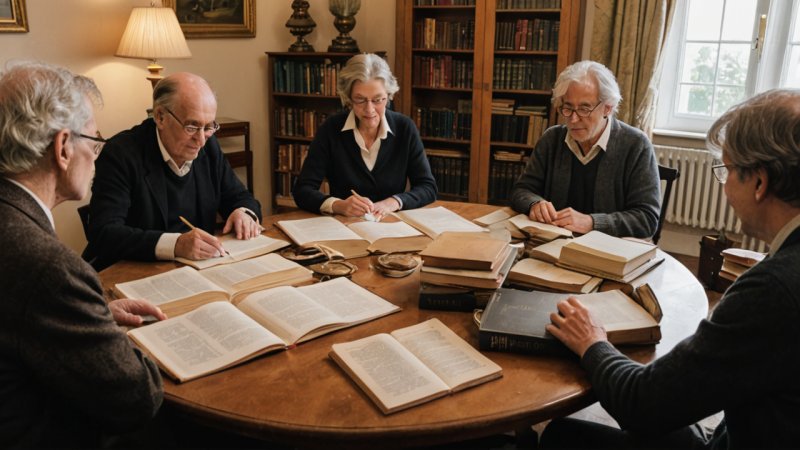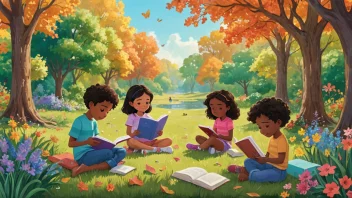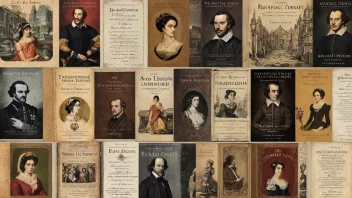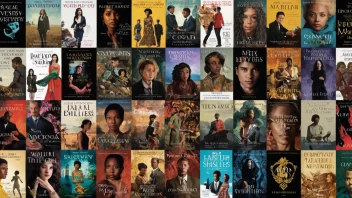Classic novels hold a special place in the literary world, transcending time and culture to resonate with readers across generations. These works are cherished not only for their storytelling but also for their profound insights into human nature, societal norms, and the complexities of life. Here, we explore what makes classic literature timeless and essential for modern readers.
Firstly, classics often delve into universal themes and emotions that remain relevant regardless of the era. Love, loss, identity, and the quest for meaning are all topics that resonate deeply with readers, allowing them to connect with the characters and their journeys. For instance, in Jane Austen's *Pride and Prejudice*, the struggles of Elizabeth Bennet to navigate societal expectations and personal desires reflect ongoing issues related to gender roles and class dynamics that persist today.
Additionally, classic novels frequently serve as mirrors to their respective societies, providing valuable historical and cultural context. Readers gain insights into the values, beliefs, and struggles of different time periods through the characters and narratives presented in these works. For example, Charles Dickens' *A Tale of Two Cities* offers a poignant glimpse into the tumultuous era of the French Revolution, exploring themes of sacrifice and redemption that resonate with the human experience.
Furthermore, classics often challenge readers to think critically and question societal norms. Authors like George Orwell and Aldous Huxley use their narratives to critique totalitarianism and consumerism, prompting readers to reflect on their own societies and the potential consequences of complacency. Such thought-provoking themes encourage a deeper engagement with the text and foster a sense of social responsibility among readers.
Moreover, the language and stylistic choices found in classic literature can be rich and rewarding. Many classic authors are celebrated for their innovative use of language, narrative structure, and character development. Reading works by authors such as Virginia Woolf or James Joyce exposes readers to unique narrative techniques and poetic prose, expanding their appreciation for the craft of writing.
It's also worth noting that classics often serve as a foundation for modern literature. Many contemporary authors draw inspiration from classic works, whether through direct references, thematic parallels, or stylistic choices. Understanding these foundational texts allows readers to appreciate the evolution of literature and recognize the enduring influence of classic authors.
Moreover, classics often evoke nostalgia and a sense of connection to the past. For many readers, revisiting a classic novel can be akin to reuniting with an old friend, as the characters and stories become ingrained in their memories. This emotional connection encourages readers to return to these texts time and again, discovering new layers of meaning with each reading.
In conclusion, classic novels are timeless treasures that offer invaluable insights into the human experience. Their exploration of universal themes, cultural significance, and innovative storytelling make them essential for readers of all ages. By embracing classic literature, we not only enrich our understanding of the world around us but also foster a lifelong love of reading that transcends time.
Why Classics Are Timeless Treasures
Explore the enduring significance of classic literature and its relevance in today's world.






